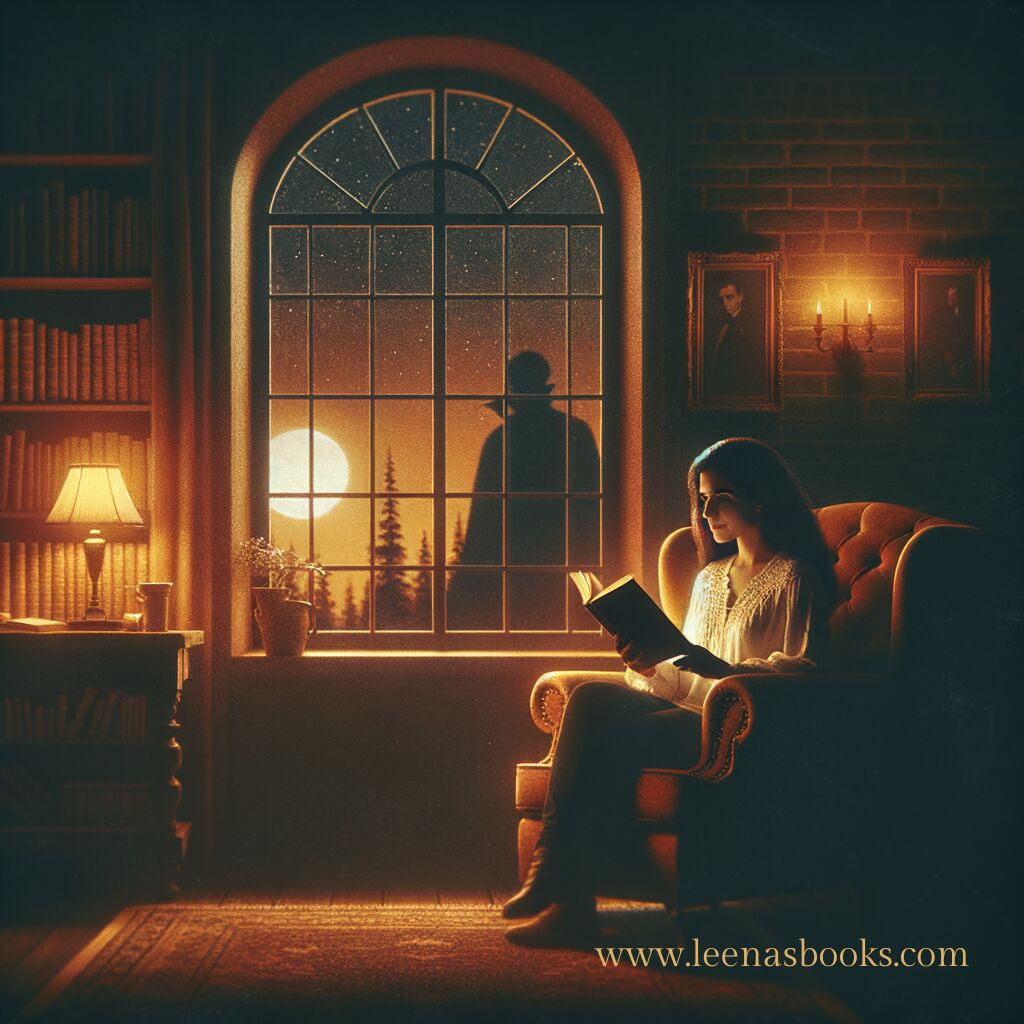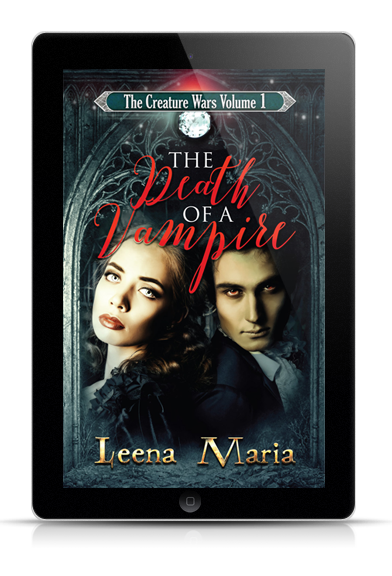DIGGING UP VAMPIRE GENRE ORIGINS TO INJECT LIFE INTO MY VEIN...
I MEAN, PEN!
You know, it’s funny how a single question can send you tumbling down the rabbit hole of research. Just the other day, while writing the sequel to Creature Wars #1 / The Death of a Vampire, this happened to me. Clearly, the myth of vampires is fascinating enough for me to write a book about them, but where exactly did the genre start? Who wrote the first vampire story?
I had paused my writing to think how to proceed with the plot (as I had enjoyed writing it pantser-style for a while and had written my protagonist Elena into a bit of a pickle). So, I dove headfirst into research mode to give my mind a rest from tweaking the story. (Of course I could have vacuumed, but my vacuum cleaner and I tend to keep a respectful distance from one another unless someone is coming to visit.)
Turns out the lore of blood-sucking creatures has been around for centuries in many cultures’ mythologies. But there’s something special about that first crafted narrative, that first intentional foray into the chilling embrace of the vampire’s tale.
The honor goes to John Polidori, a name that I admit I don’t remember ever hearing. His work “The Vampyre,” penned in 1819, predates the more famous “Dracula” by a good 78 years. And get this, it was the result of the same summer gathering that birthed Mary Shelley’s “Frankenstein; or, the Modern Prometheus”. Talk about an overachieving vacation, right?
Polidori was Lord Byron’s personal physician, and rumor has it that the vampire character, Lord Ruthven, is a thinly veiled caricature of the charismatic poet. Imagine having the guts to parody your employer as an undead fiend. It’s like biting the hand that feeds you, pun totally intended.
But here’s a little twist in the tale — Polidori’s story was actually published anonymously, and many believed Byron had written it. Polidori had to fight for his recognition, a nightmare scenario for any writer.
It’s fascinating, and a bit chilling, how this narrative has become part of our pop culture. It’s like Polidori planted a seed that grew into an entire genre. We’ve got our brooding Byronic heroes, and they’re everywhere — from the pages of “Twilight” to the screen in “The Vampire Diaries.”
The journey of uncovering Polidori’s story got me thinking about the legacy. Here I am, over 200 years later, still talking about him. His work resonates across time, influencing numerous stories and perhaps a few nightmares as well.
After Polidori, there was a steady stream of vampire literature in the 19th century. Varney the Vampire, a serialized gothic horror story by James Malcolm Rymer (and sometimes attributed to Thomas Peckett Prest), was a big hit in the penny dreadful market of Victorian England. Varney introduced many tropes that became staples of the genre: fangs, two puncture wounds on the victims, and vampires having a hypnotic, mesmeric power.
And as mentioned before, it wasn’t until 1897 that the vampire genre got its crown jewel — “Dracula” by Bram Stoker. This one’s a game-changer. Stoker’s Count Dracula is a complex character, aristocratic and powerful, and the novel itself is a masterpiece of suspense and horror. It’s like Polidori’s narrative had a baby with Gothic literature, and that baby grew into a worldwide phenomenon.
But wait, before I wrap this up, did you know that the word ‘vampire’ itself was not really popular in English until the early 18th century? It’s said to have been introduced into Western European languages through reports of vampire stakings in Eastern Europe. (How’s that for a random fact?)
Reflecting on all this, I can’t help but feel a bit humbled. We create, we share, and sometimes what we do ripples out into the world in ways we can’t even imagine. Although Polidori didn’t aim to define a genre, he inadvertently did. We still discuss it, still feel that spine-tingling sensation when the sun sets and the story begins.
And so, here I am (along with many other authors), writing about vampires. Somehow vampires made their way to my Nephilim Quest series, though I certainly did not plan for that to happen.
And yes, I managed to save Elena from that particular distress that made me jump into the rabbit hole of vampire literature research, but I won’t tell more so as not to spoil the surprise in Creature Wars 2 / Hounds of Hell
So, next time you cozy up with a vampire novel or settle in for a twilight movie marathon, spare a thought for good old John Polidori. Without his pioneering pen, our nights might be a little less thrilling, and our imaginations a little less haunted.
A reader lives a thousand lives!
Leena :)





